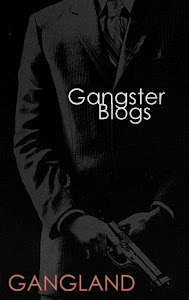
New evidence shows that Gang members shoot their victims at close range – an often deadlier method than drive-by shootings.San Diego police gang Lt. Jorge Duran said the fatal gang attacks last year – up 55 percent from 2006 – prompted an aggressive police response. It included adding officers to the gang unit and working closely with other agencies on large operations.The surge has helped keep gang homicides in the city down so far this year.“We've been successful at targeting the more violent gang members and locking them up,” Duran said.The SANDAG study also shows that homicide victims tended to be older last year. The number of victims ages 25 to 39 spiked to 42 percent, an 18 percent increase. Researchers say there are no other data to explain the reason behind the increase.Other trends worth noting:
More than 25 percent of female rape victims were younger than 18.
Children and young teens were suspects in one-third of robberies.
83 percent of homicide victims were men.Young black and Latino males are at greatest risk of becoming victims of homicide, robbery and assault.
Sandy Keaton, senior criminal justice research analyst for SANDAG, said it's important to know which groups are being victimized and by whom.“For law enforcement, it's important in forming their tactics,” Keaton said. “And for the community at large, it's examining who's at risk, why they are at risk, and how can we take some steps to prevent this for our youth?”






















